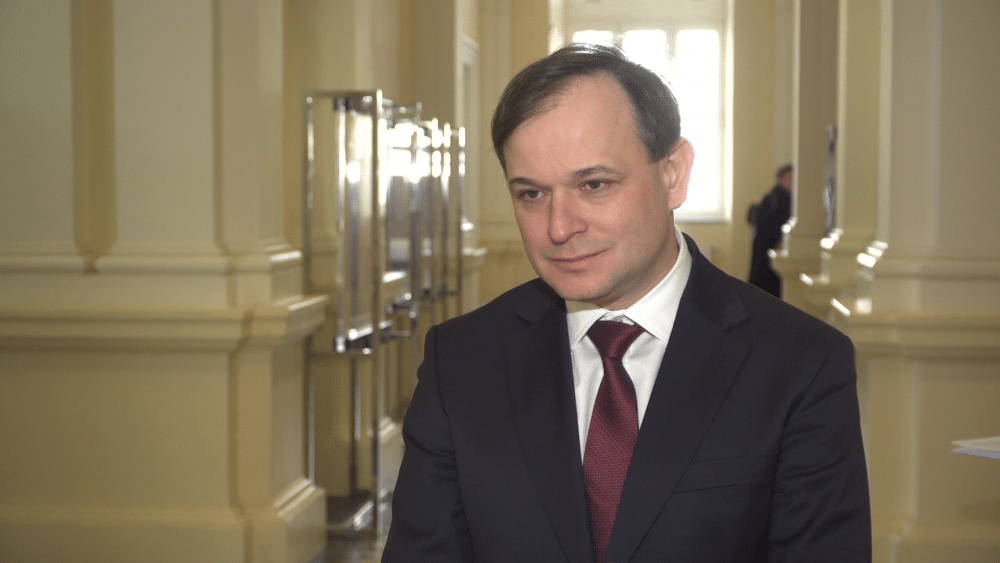Twenty-five years ago, Poland joined NATO. President Andrzej Duda highlighted in his message, “There was no, and there is no better guarantee of security than the North Atlantic Treaty Organization (NATO).” The anniversary celebrations coincide with the admittance of Sweden into the alliance, which will significantly strengthen NATO, especially its eastern flank. The European members of the Alliance are faced with the serious challenge of building deterrence and defense potential against a possible attack from Russia. The President has proposed an increase from the required 2% of GDP for defense investments to 3%.
In an interview with the Newseria Biznes Agency, dr hab. Marek Madej, a Professor at the University of Warsaw and an expert in Political Sciences and International Studies at UW said, “The most important challenge for NATO is the ongoing war in Ukraine and the necessity to support Ukraine in resisting Russian aggression. In addition to this, the second very important challenge is building the ability to deter an attack and also defend allies if needed.”
Experts are concerned that Donald Trump’s victory in the US presidential elections may pose a threat to the unity of NATO. Keith Kellogg, Chief Advisor to the former President for National Security, said that countries which do not spend at least 2% of their GDP on defense could be denied protection.
The current head of NATO, Jens Stoltenberg, has announced that this year 18 NATO members are expected to meet the goal of spending at least 2% of GDP on defense, up from only 10 countries last year. Collectively, European members of the Alliance will invest 380 billion dollars in defense this year. Poland is currently spending nearly 4% of its GDP on defense, well above the minimum requirement.
President Andrzej Duda announced his proposition for an increase in the minimum requirement from 2% to 3% of GDP for defense spending. “The war in Ukraine clearly showed that the United States is and should remain the leader for security in Europe and the world. However, other NATO countries also need to assume greater responsibility for the security of the entire Alliance, by intensively modernizing and strengthening their armies,” said Duda in his message marking the 25th anniversary of joining NATO.
The 25th anniversary of Poland’s membership in NATO coincides with Sweden’s acceptance into the organization. Sweden is particularly valuable to the Alliance because of its highly developed arms industry, well-organized army, and important defense culture.
As part of the European Defense Industry Strategy presented by the European Commission earlier this month, EU countries should jointly carry out 40% of the orders for military equipment, military equipment trade should make up at least 35% of the value of the EU defense sector, and half of defense order budgets should be implemented in the Union by 2030.
